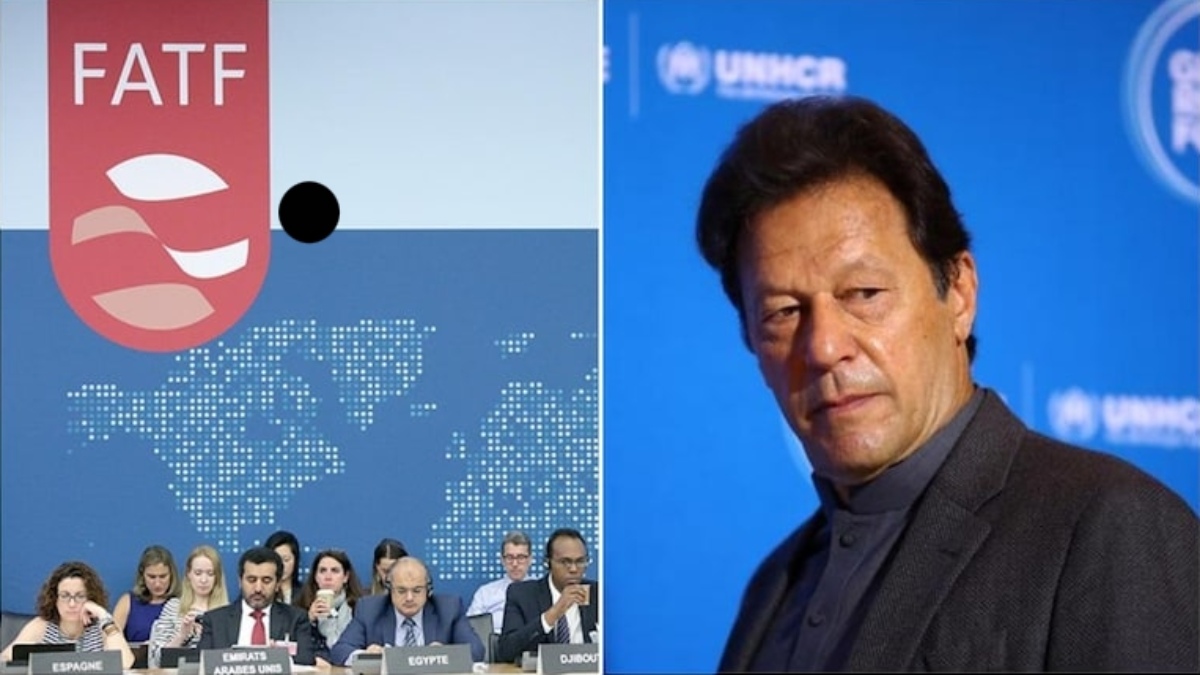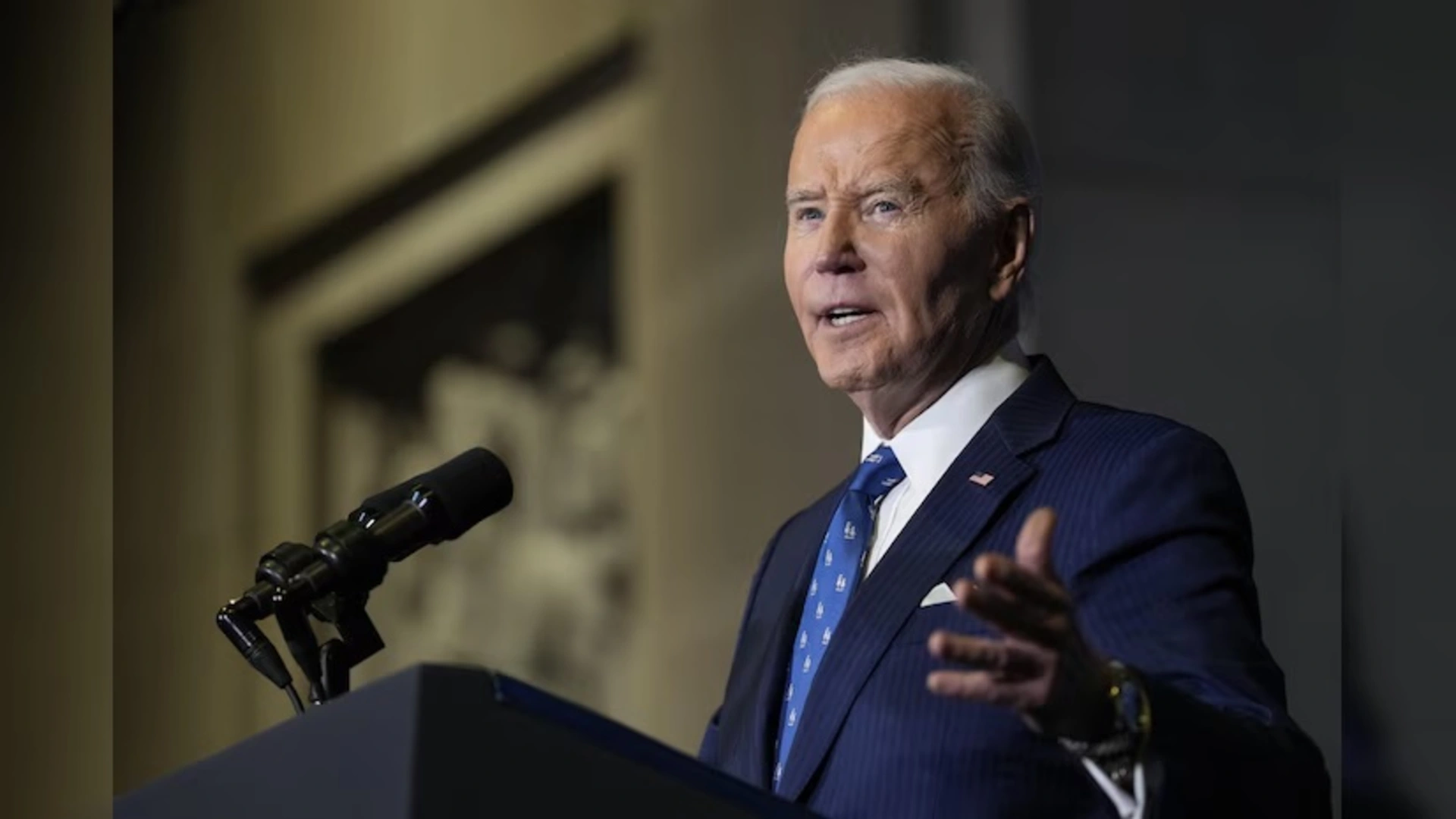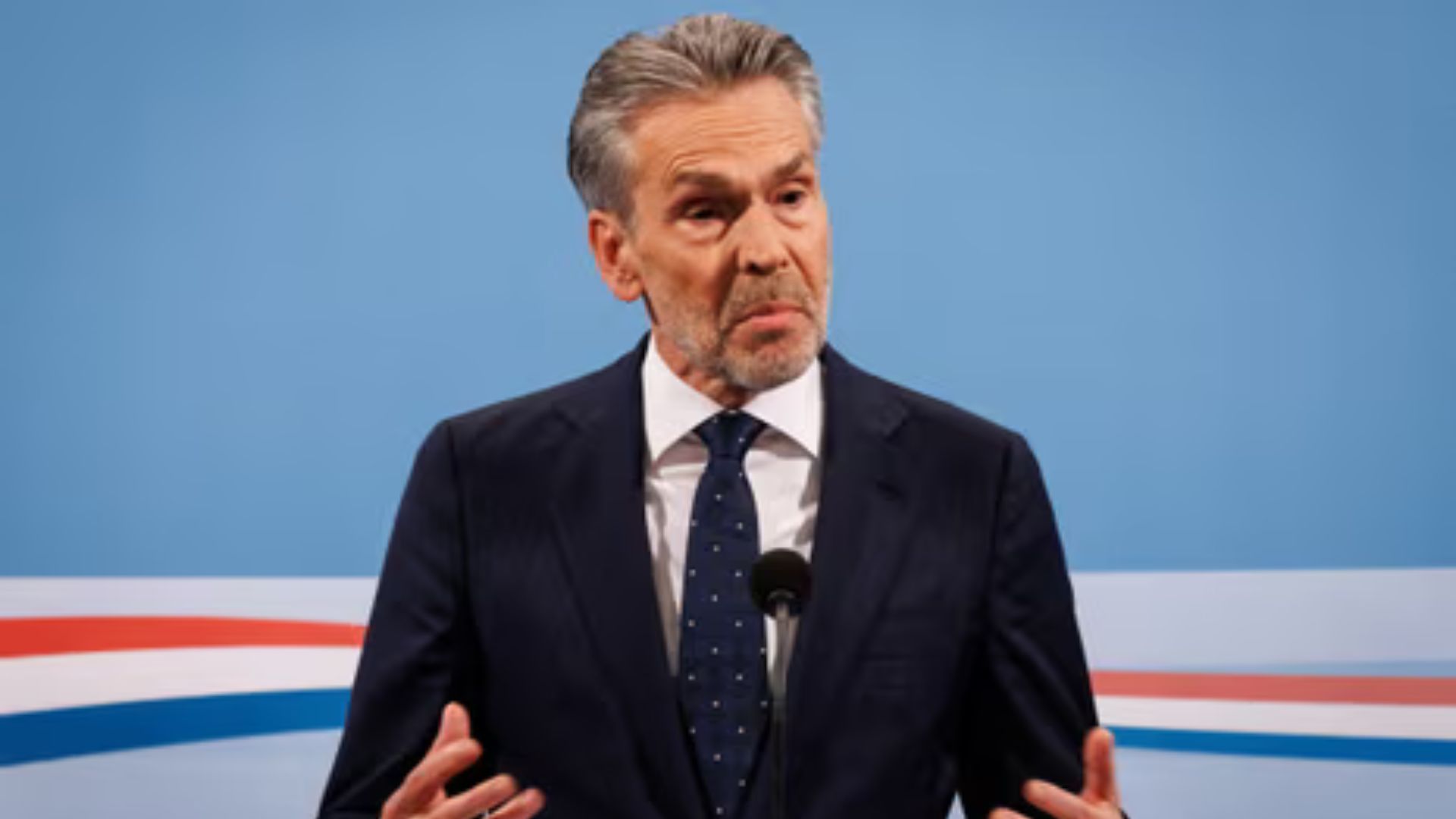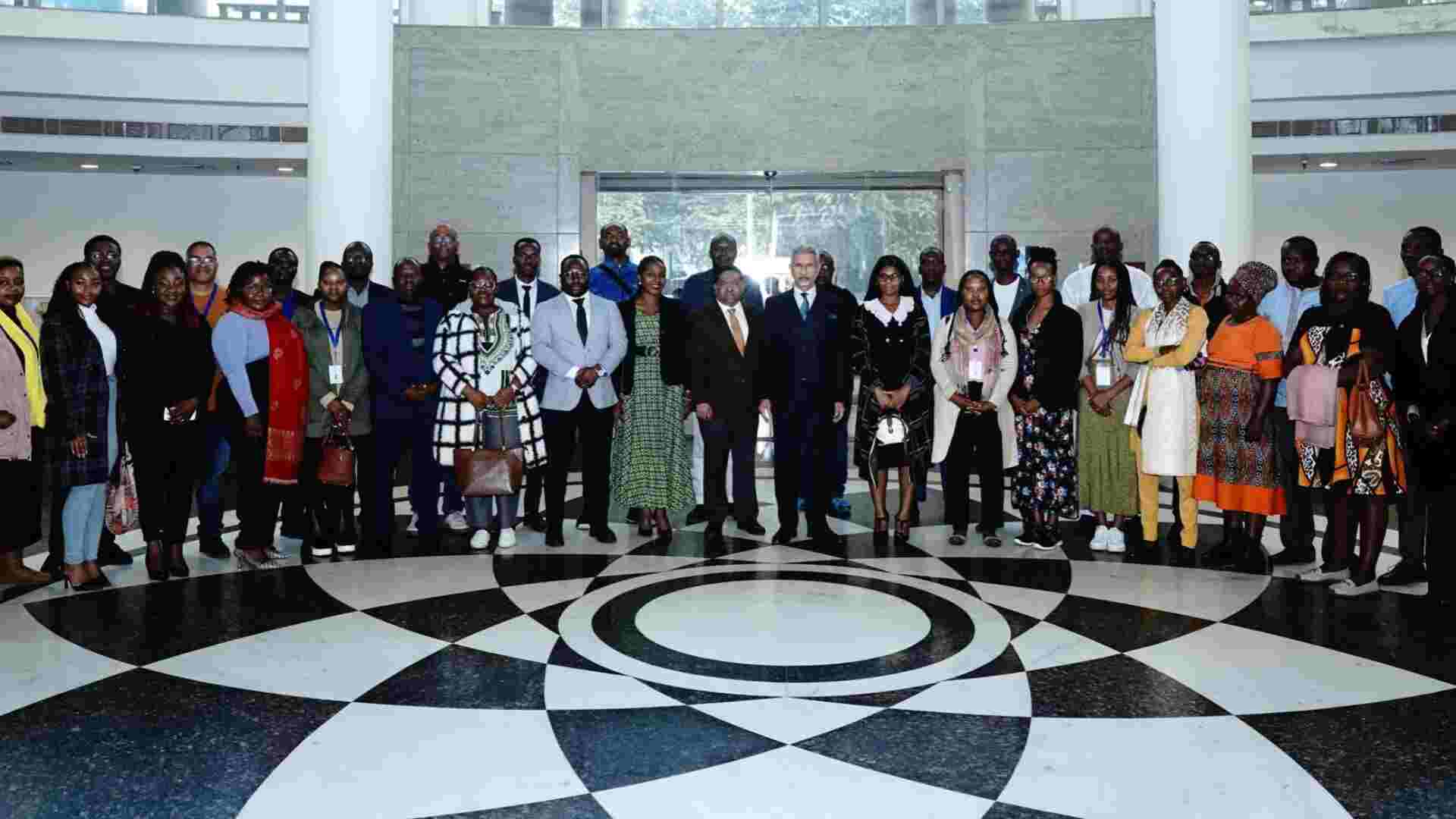
Pakistan will continue to stay on the grey list of the Financial Action Task Force (FATF) even as it was joined by its ally Turkey, accordig to the announcement made by FATF president Marcus Pleyer on Thursday evening.
The entry of Turkey to the list was expected as a lot of money generating fronts of terror groups active in the Af-Pak region have started operating from that country in order to avoid detection from international agencies active in the region.
As per Pleyer, Pakistan despite meeting a majority of the conditions set by FATF, failed to show progress on two important aspects of ensuring prosecution and targeting of leaders of terror groups operating from the country (read Lashkar-e-Tayyaba and Jaish-e-Mohammad). Pakistan, has, as per Pleyer, completed 30 of the 34 conditions.
Pakistan will now continue to stay on the list until FATF’s next session in February 2022.
Pakistan failed to provide evidence that it was actively seeking to enhance the impact of sanctions beyond its jurisdiction by nominating additional individuals and entities for designation at the UN and that it had increased money laundering related investigation and that proceeds of crime were being restrained and confiscated in line with Pakistan’s risk profile.
While responding to queries raised by journalists on what role was played by India in ensuring Pakistan stayed on the grey list, Pleyer, stated said that no single country can influence the outcome of the FATF. “We take our decision by consensus, all 39 member countries make decisions on the classification, and it is not done by one country (India)”, he said.
A country joining the grey list comes under enhanced due diligence and countermeasures which increase the cost of doing business in the country. This also leads to large companies not preferring to invest in that country and existing business houses severing business relations altogether.
Similarly, transnational banks too discourage working in high-risk countries to reduce compliance costs.















